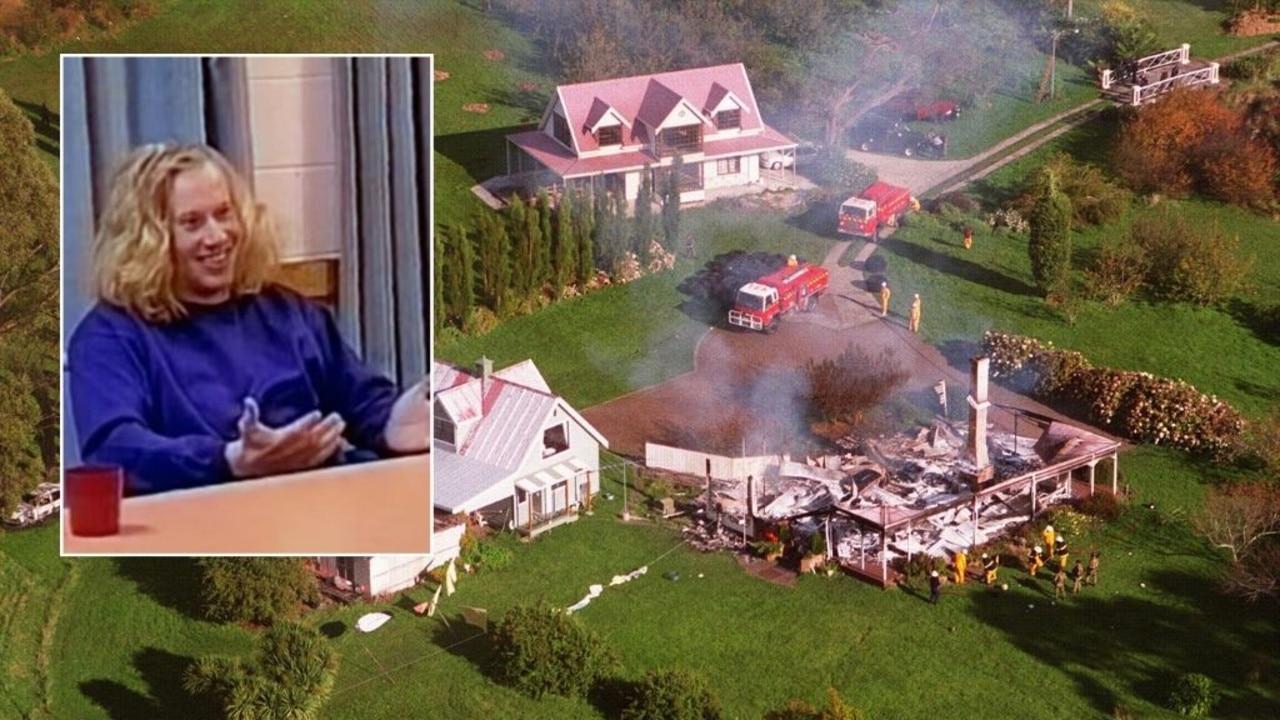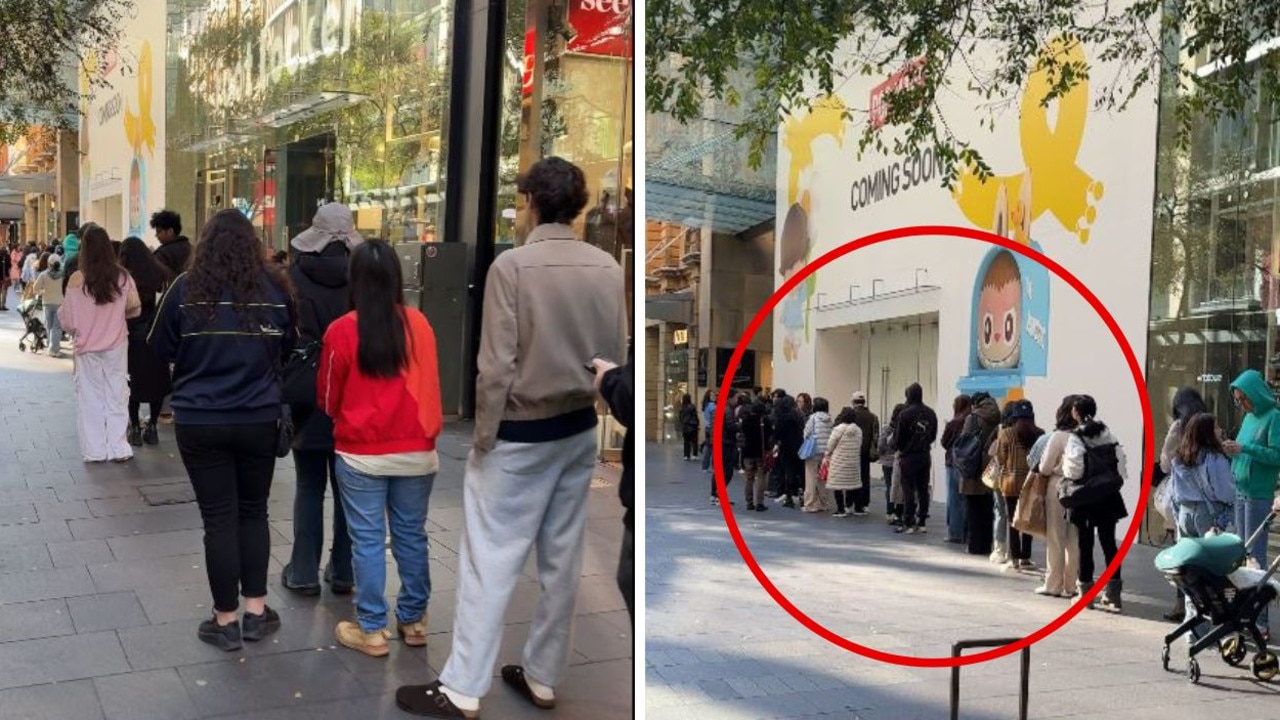Disturbing spike in Google searches after Indian doctor’s rape, murder
A horrific trend has emerged online in the wake of the brutal rape and murder of a female trainee doctor in India.
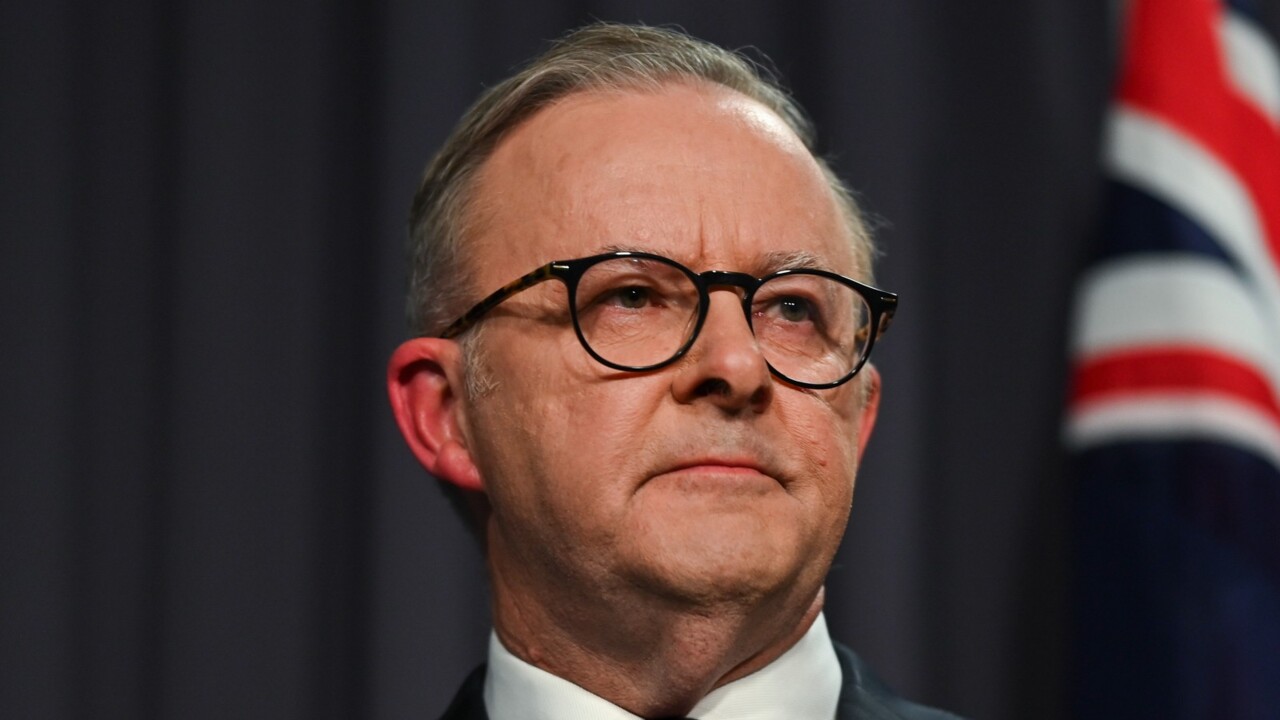
A sickening trend has emerged online in the wake of the brutal rape and murder of a female trainee doctor in India.
The 31-year-old woman was attacked at the state-run RG Kar hospital in Kolkata on August 9 in a seminar room, where she had gone to rest during a 36-hour shift. Police have arrested one man, a “civic volunteer” at the hospital Sanjay Roy, in connection with the attack.
While the victim’s name has not been released by her family or by authorities, the discovery of her brutalised body has outraged the nation – particularly the medical community – sparking protests demanding justice and better workplace security. A week-long strike, during which doctors refused to see non-emergency patients, came to an end on Sunday.
“This decision is not made lightly but is necessary to ensure that our voices are heard,” the Indian Medical Association said in a statement.
In a post on X, the federation’s head, Dr RV Asokan, wrote that “we failed her in life but did not fail her in death”, in reference to the ongoing outcry.
Disturbingly, according to news website The Publica, unverified rumours circulated over the weekend that the victim’s assault and murder had been filmed and uploaded to the internet – leading to a surge in search queries for the footage.
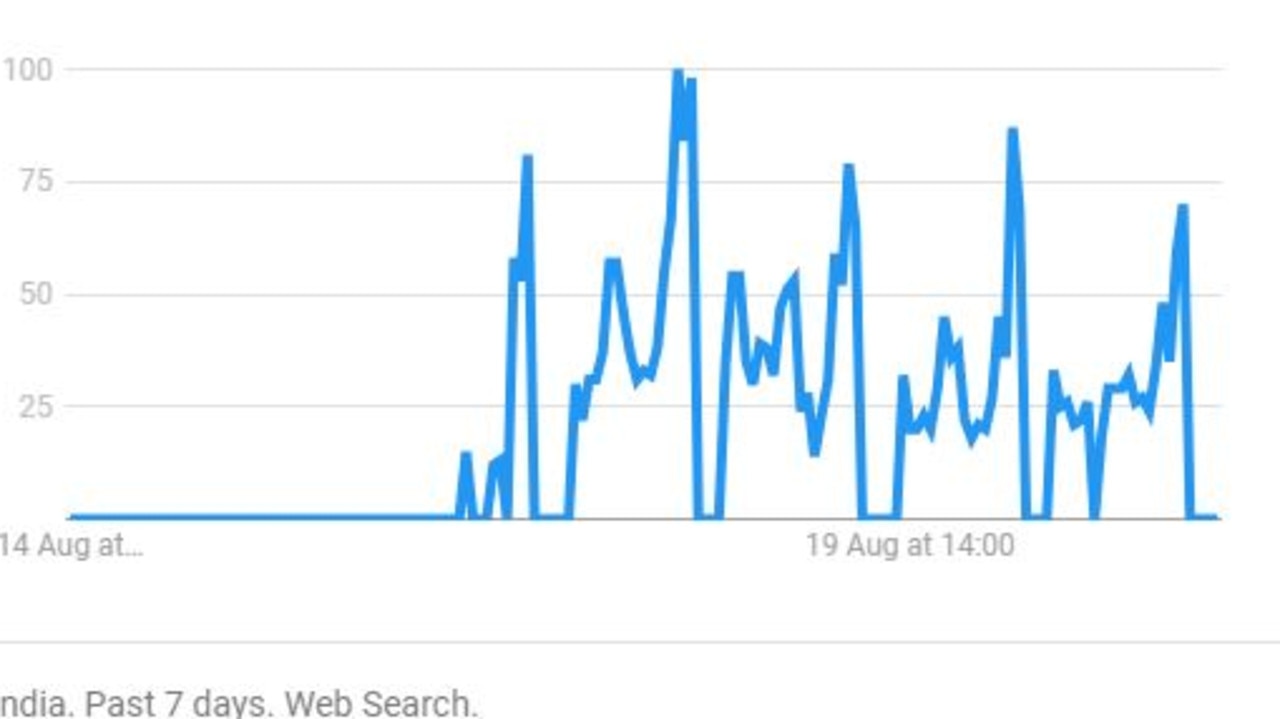
Data from Google Trends showed terms pairing the woman’s name with the words “porn” and “video” had spiked in India, while the combination of her name and “rape video” experienced a 110 per cent increase in searches.
Internet users in Bangladesh and Sri Lanka also sought out the footage, Google Trends showed.
In response to the strike, the Indian Government announced on Tuesday it would increase security personnel at all state-run hospitals by 25 per cent, and employ marshals to handle extreme situations.
The country’s supreme court, meanwhile, has separately ordered the creation of a national taskforce of doctors to make recommendations on safety at their workplace.
Former president of the Indian Medical Association, Dr Rajan Sharma, said the changes needed were urgent.
“Why can’t we post security guards? Why can’t we have proper screening, along with just once entrance and one exit? And strictly enforced visiting hours?” Dr Sharma told The Guardian.
“These crimes don’t happen in private hospitals for a reason – they have systems in place. It’s as simple as that.”
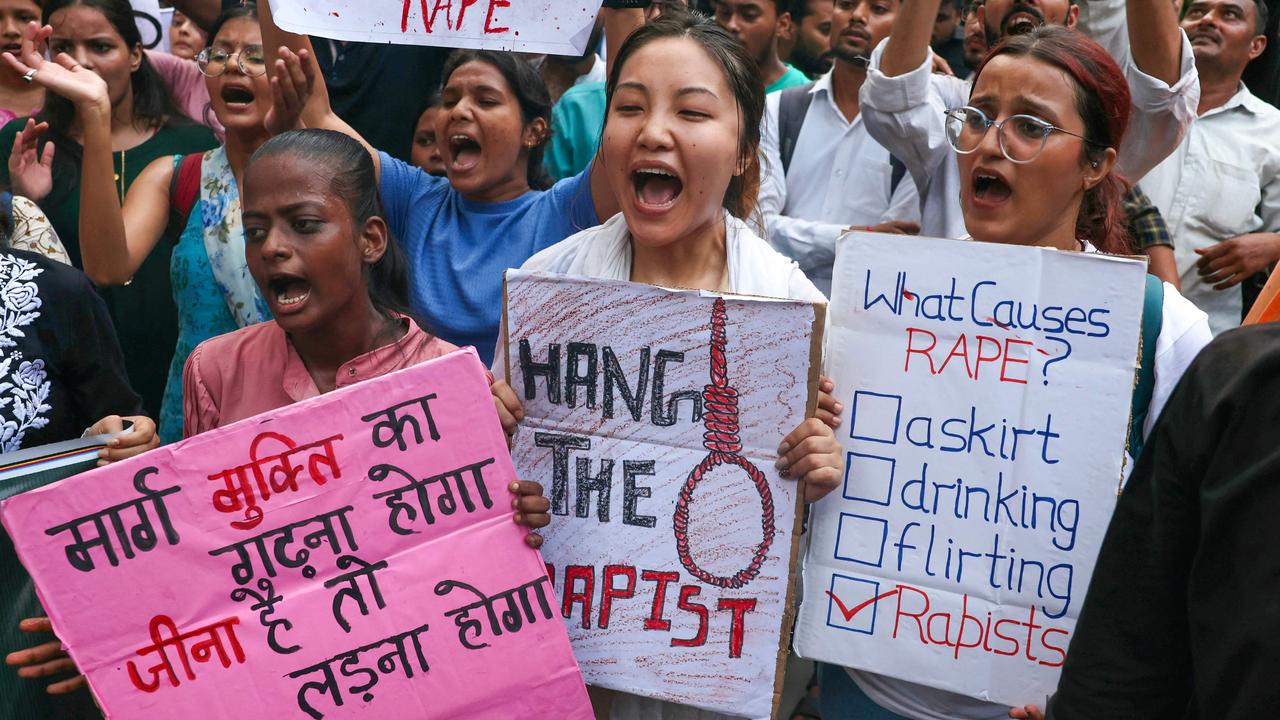
Medical professionals in India told the South China Morning Post it was common for junior doctors, like the victim had been, to sleep in seminar rooms during a shift.
“The very fact this incident has happened has shaken me up. The doctor was on duty. You are physically exhausted at the end of duty and this is when the doctor was attacked,” Dr A Kumar, a surgeon, said.
While Dr Kumar noted she didn’t have major security concerns during her own traineeship, there was now an “element of feeling unsafe” for young women working similar late hours.
“What really saddens my heart is the way the deterioration of society has happened,” she said.
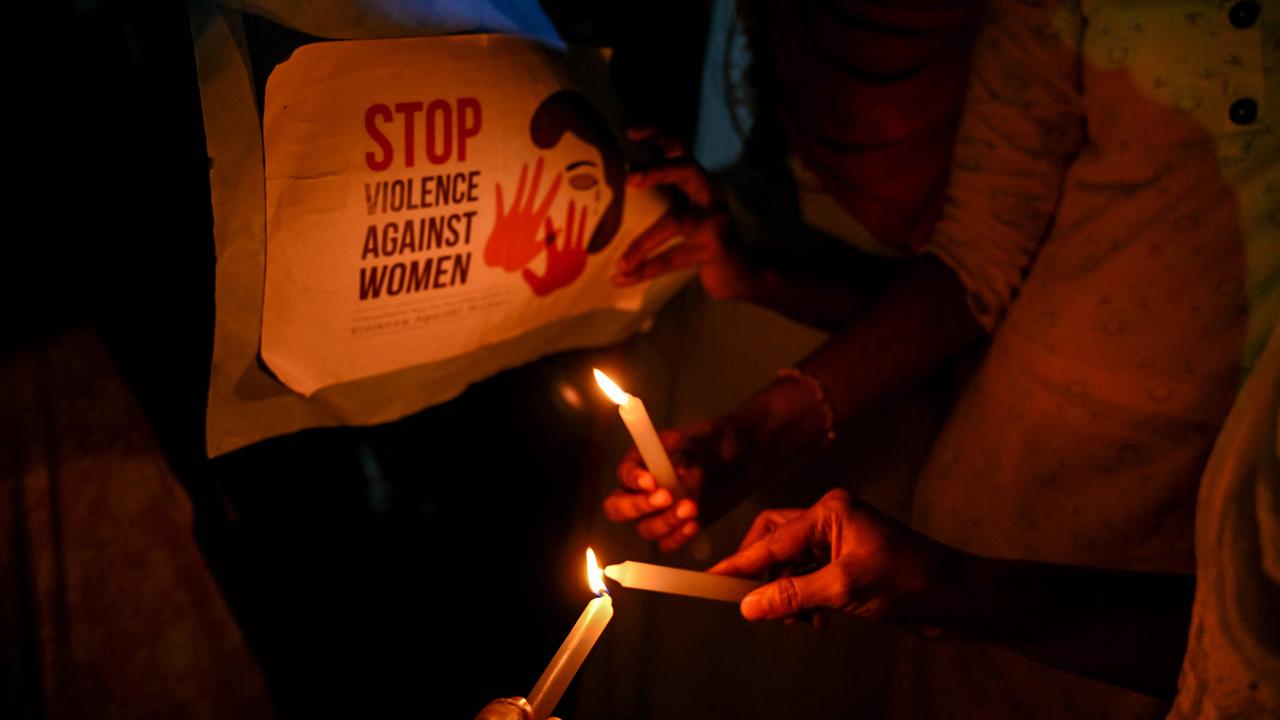
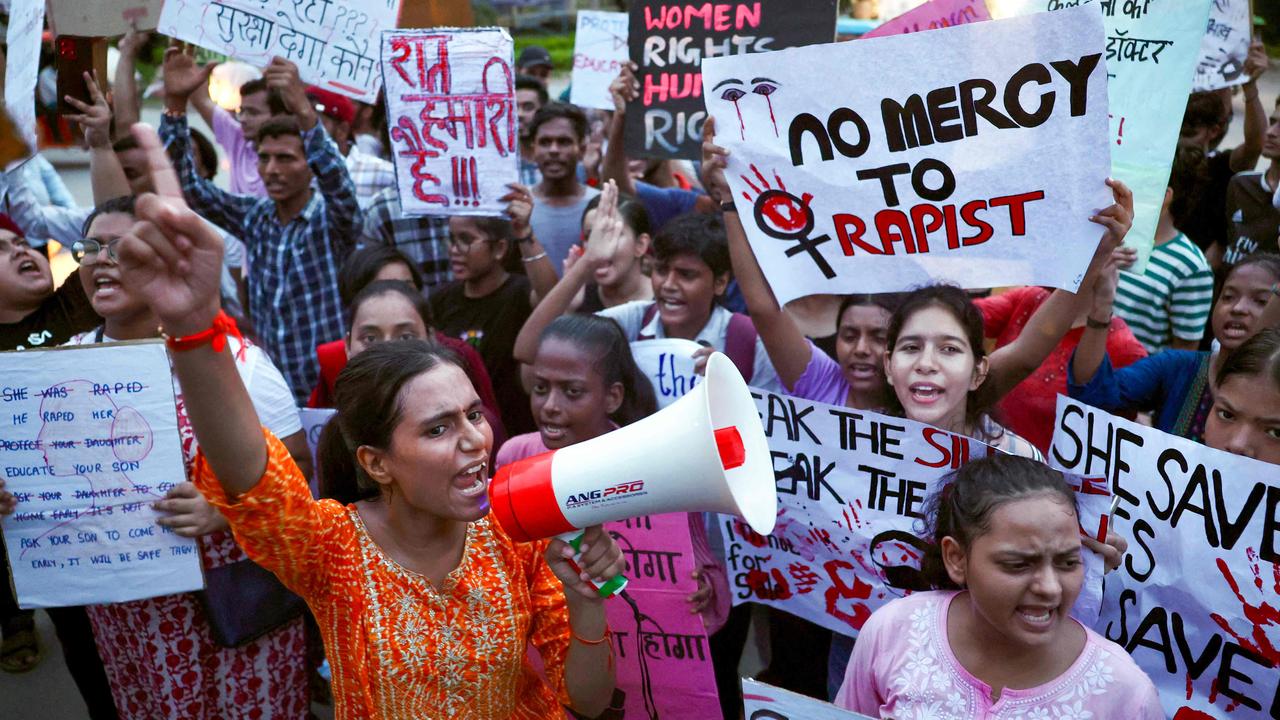
The investigation into the victim’s murder is being handled by India’s federal crimes agency, the Central Bureau of Investigation, which took over from the Kolkata police after her parents expressed doubts about its objectivity.
The woman’s father told The Guardian his daughter had “worked extremely hard to become a doctor”, after an upbringing “with a lot of hardship”.
“All our dreams have been shattered in one night. We sent her to work and the hospital gave us her body. It’s all finished for us,” he said.
“My daughter isn’t coming back. I’m never going to hear her voice or laugh. All I can do now is concentrate on getting her justice.”





